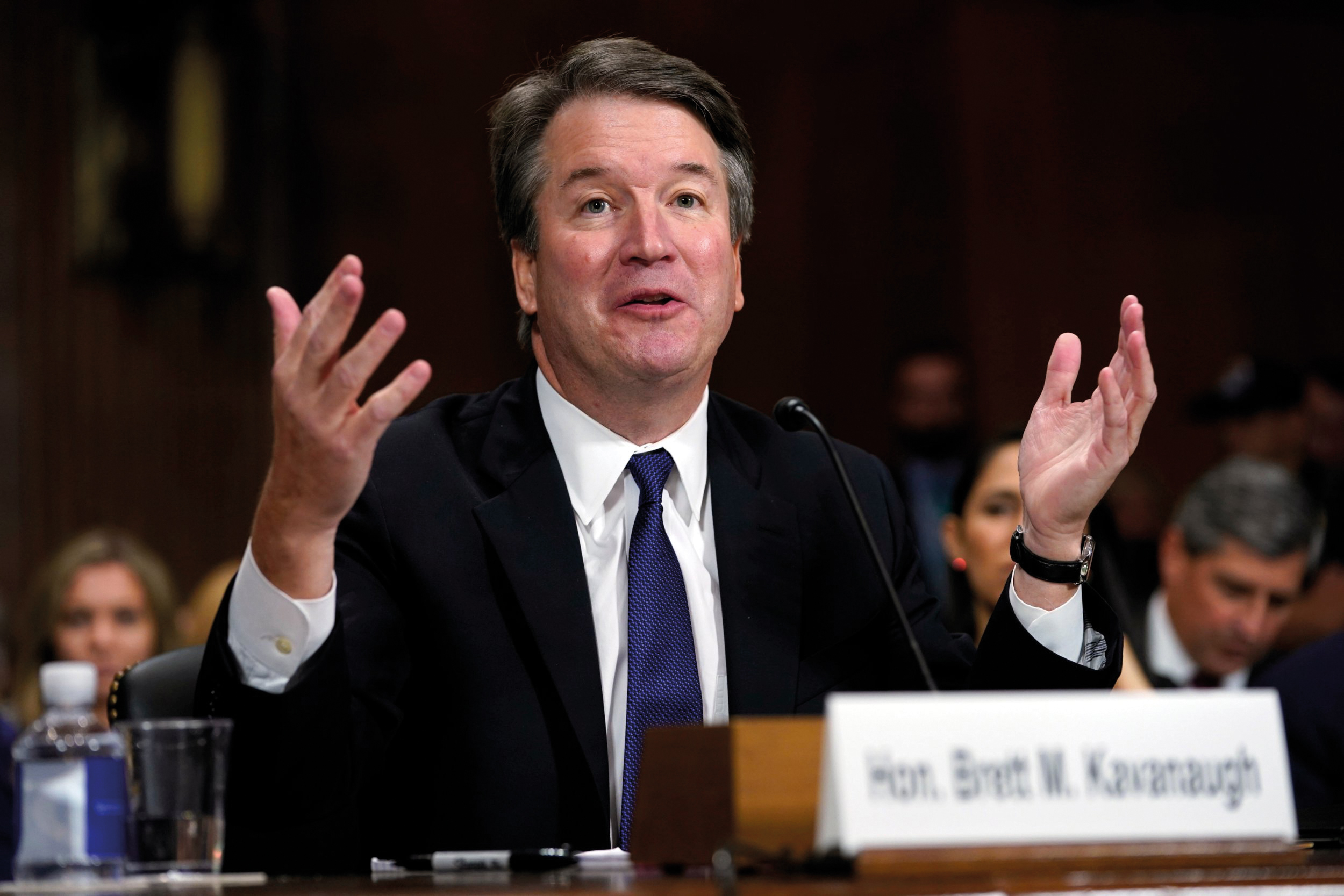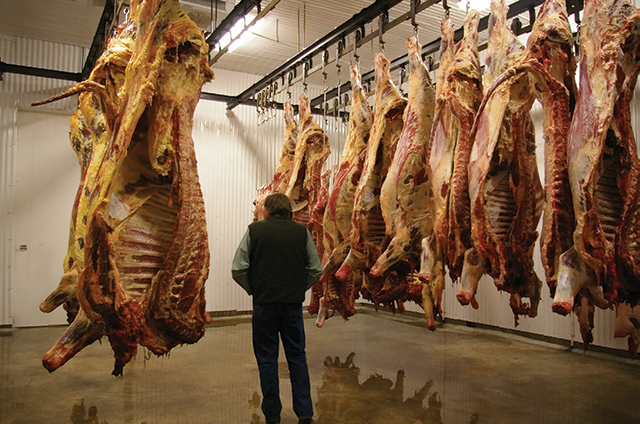
[dropcap]E[/dropcap]ver since the #MeToo campaign, it is not unusual to log onto Twitter or listen to the radio and hear of a famous body or political figure facing sexual assault allegations.
After this campaign and the Belfast Rape Trial verdict in April the topic of consent has been in the national sphere of conversation.
The latest allegation which has women all over the world sharing their story with the hashtag ‘WhyIDidntReport’ on Twitter is Christine Blasey Ford’s allegations against Brett Kavanaugh.
On the 27th of September, Ford, a psychology professor and mother of two, swore to tell the truth in front of the Senate Judiciary Committee. She spoke about the sexual assault which allegedly happened almost 36 years ago. Brett Kavanaugh, who was nominated by Donald Trump as an Associate Judge of the Supreme court of the United States, vigorously denied the allegations.
“I thought it was my civic duty to relay the information I had about Mr. Kavanaugh’s conduct, so that those considering his nomination would know about this assault,” stated Ford in her testimony.
She said that people who have accused her of acting out of partisan political motives do not know her. She followed up this statement by announcing to the court room that she is “an independent person” and is nobody’s “spawn”.
Despite Ford’s allegations on October 9th, Brett Kavanaugh was appointed Associate Justice of the United States Supreme Court. The day before this decision Trump made a public apology to Brett Kavanaugh and his family.
“On behalf of our nation I want to apologise to Brett and the entire Kavanaugh family for the terrible pain and suffering you have been forced to endure. In our country a man or a woman must always be presumed innocent unless and until proven guilty,” said Trump the day before Kavanaugh’s appointment.
Néamh Maguire, a social care worker in a Women’s refugee center, worries that Kavanaugh’s appointment will further discourage women to open up and report sexual assault.
“From our perspective this would put off women from reporting but as professionals we need to make our voices heard and encourage women to come forward. This case could also have an effect on how the stigma around men reporting rape will also increase” she explained to The College View.
Due to these recent events many Irish Universities, as well as schools are discussing the topic of consent. DCU’s Student Union started a ‘Smart Consent’ workshop this year for incoming first year students. The SU aimed for the workshops to be fun, interactive and informative. They were student run and every participant gained a certificate at the end.
15 per cent of first year students in DCU attended the workshops. There were 20 workshops in total in both the Glasnevin and St.Patrick’s campus across four days.
“Our consent classes where a huge success this year. Even 10% [attendance] is proven to have a substantial ripple effect. These workshops are so important and help us to encourage students to have open, healthy discussions and dialogue around sexual consent,” said Aisling Fagan, the DCUSU VP for Welfare and Equality.
“We discussed factors like gender roles and sexual orientations in the classes to make people understand how significant the topic is, especially in a society where the #metoo movement is a current, topical theme. I hope the consent classes will be open to other year groups in the future as I think everyone needs to be educated on this, not just first years,” said Amy Donohue, a facilitator of the smart consent workshops in DCU.
Ciara O’Loughlin
Image Credit: The Independent



